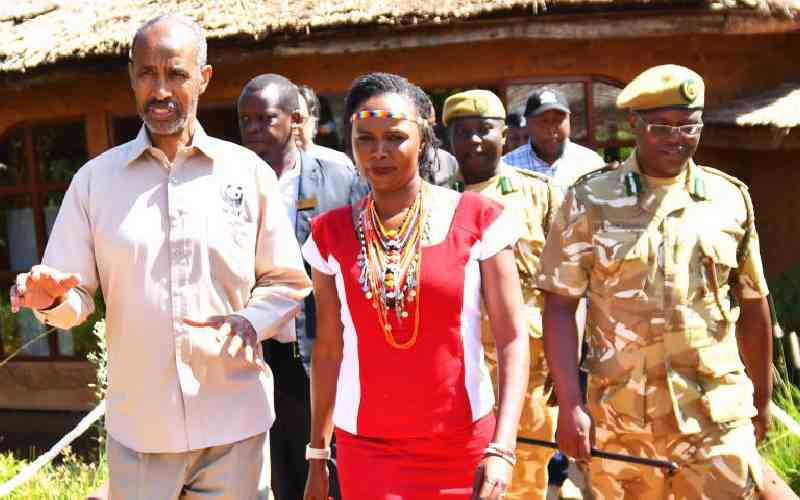×
The Standard e-Paper
Stay Informed, Even Offline

The government has launched a specialist group to compile information on wildlife and conservation actions for policy formulations.
Wildlife Permanent Secretary Silvia Museiya launched the Kenya Species Specialist Group, a group that will bring together different species groups across the country, during the ongoing Scientific Wildlife Conference in Naivasha.